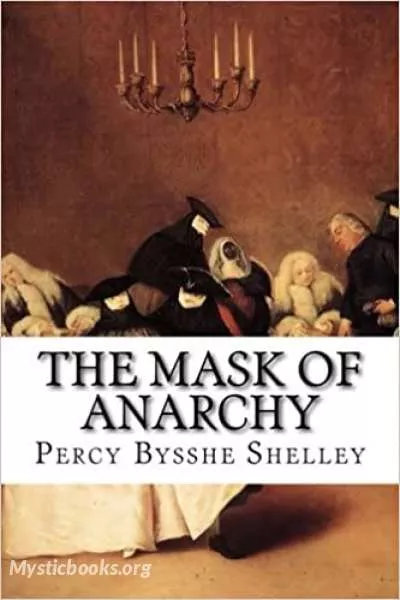
The Masque of Anarchy
'The Masque of Anarchy' Summary
Shelley begins his poem, written on the occasion of the Peterloo Massacre, Manchester 1819, with the powerful images of the unjust forms of authority of his time, "God, and King, and Law" – and then imagines the stirrings of a radically new form of social action: "Let a great assembly be, of the fearless, of the free". The crowd at this gathering is met by armed soldiers, but the protesters do not raise an arm against their assailants:
"Stand ye calm and resolute,
Like a forest close and mute,
With folded arms and looks which are
Weapons of unvanquished war.
And if then the tyrants dare,
Let them ride among you there;
Slash, and stab, and maim and hew;
What they like, that let them do.
With folded arms and steady eyes,
And little fear, and less surprise,
Look upon them as they slay,
Till their rage has died away:
Then they will return with shame,
To the place from which they came,
And the blood thus shed will speak
In hot blushes on their cheek:
Rise, like lions after slumber
In unvanquishable number!
Shake your chains to earth like dew
Which in sleep had fallen on you:
Ye are many—they are few!"
Shelley elaborates on the psychological consequences of violence met with pacifism. The guilty soldiers, he says, will return shamefully to society, where "blood thus shed will speak / In hot blushes on their cheek". Women will point out the murderers on the streets, their former friends will shun them, and honourable soldiers will turn away from those responsible for the massacre, "ashamed of such base company". A version was taken up by Henry David Thoreau in his essay Civil Disobedience, and later by Mohandas Karamchand Gandhi in his doctrine of Satyagraha. Gandhi's passive resistance was influenced and inspired by Shelley's nonviolence in protest and political action. It is known that Gandhi would often quote Shelley's The Masque of Anarchy to vast audiences during the campaign for a free India.
The poem mentions several members of Lord Liverpool's government by name: the Foreign Secretary, Castlereagh, who appears as a mask worn by Murder, the Home Secretary, Lord Sidmouth, whose guise is taken by Hypocrisy, and the Lord Chancellor, Lord Eldon, whose ermine gown is worn by Fraud. Led by Anarchy, a skeleton with a crown, they try to take over England, but are slain by a mysterious armoured figure who arises from a mist. The maiden Hope, revived, then calls to the people of England:
"Men of England, heirs of Glory,
Heroes of unwritten story,
Nurslings of one mighty Mother,
Hopes of her, and one another!
What is Freedom? Ye can tell
That which Slavery is too well,
For its very name has grown
To an echo of your own
Let a vast assembly be,
And with great solemnity
Declare with measured words, that ye
Are, as God has made ye, free.
The old laws of England—they
Whose reverend heads with age are grey,
Children of a wiser day;
And whose solemn voice must be
Thine own echo—Liberty!
Rise, like lions after slumber
In unvanquishable number!
Shake your chains to earth, like dew
Which in sleep had fallen on you:
Ye are many—they are few!"
Book Details
Language
EnglishOriginal Language
EnglishPublished In
1832Authors
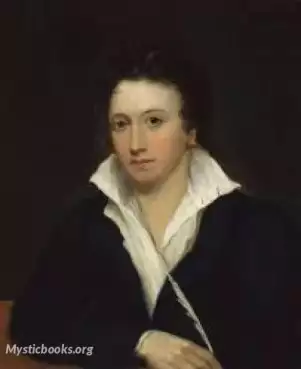
Percy Bysshe Shelley
English
Shelley's work was not widely read in his lifetime outside a small circle of friends, poets and critics. Most of his poetry, drama and fiction was published in editions of 250 copies which generally s...
Books by Percy Bysshe ShelleyDownload eBooks
Listen/Download Audiobook
- Select Speed
Related books
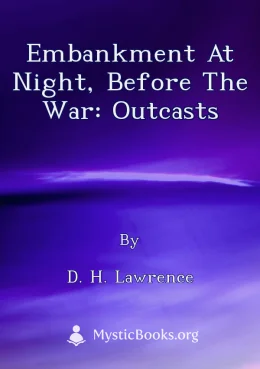
Embankment at Night, before the War: Outcasts by D. H. Lawrence
This was the Weekly Poem for 20 May 2006. We stretched our poetry-reading muscles with five versions of this much longer selection than usual (some 96...
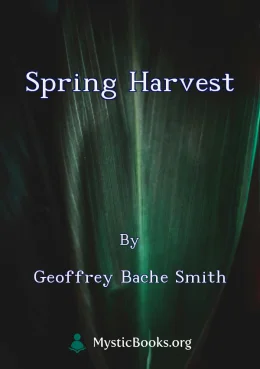
Spring Harvest by Geoffrey Bache Smith
This volume of poetry by Geoffrey Bache Smith was published posthumously by his close friend, J.R.R. Tolkien. The collection reflects Smith's experien...
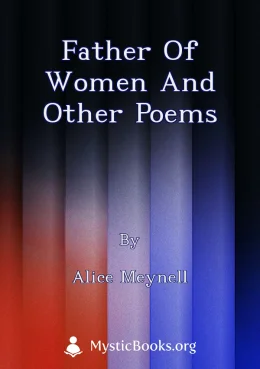
Father of Women and Other Poems by Alice Meynell
This collection of poems by Alice Meynell, published in 1922, reflects her life and work. Meynell was a prominent figure in the late Victorian and Edw...
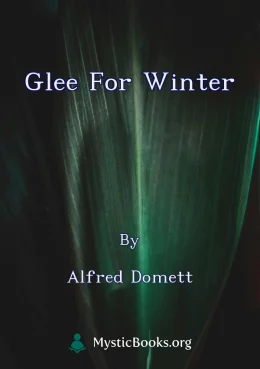
Glee for Winter by Alfred Domett
LibriVox volunteers bring you 9 different recordings of A Glee for Winter by Alfred Domett, published in "A Victorian Anthology" in 1895. This was the...
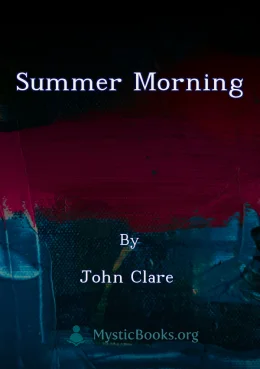
Summer Morning by John Clare
John Clare's "Summer Morning" is a short poem that vividly captures the beauty and tranquility of the English countryside. Through simple yet evocativ...
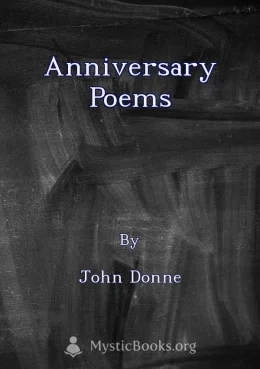
Anniversary Poems by John Donne
This collection of poems, written by John Donne, explores themes of death, mourning, and the soul's journey beyond the physical realm. It serves as a...
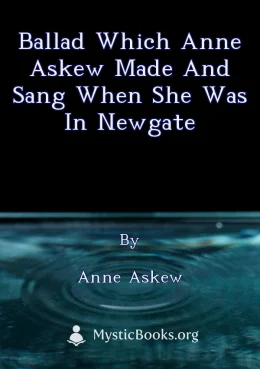
Ballad which Anne Askew made and sang when she was in Newgate by Anne Askew
The Ballad which Anne Askew made and sang when she was in Newgate is a poem written by Anne Askew, a Protestant woman who was imprisoned and later exe...

Christmas at Church by Hattie Howard
In the hushed glow of Christmas Eve, Hattie Howard invites readers to embark on a poetic journey through the sacred halls of "Christmas at Church." Am...
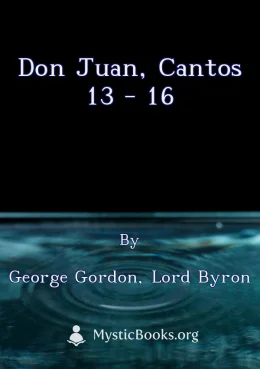
Don Juan, Cantos 13 - 16 by George Gordon, Lord Byron
Don Juan is a long narrative poem by Lord Byron, published in several cantos between 1819 and 1824. It is a satirical epic that follows the adventures...
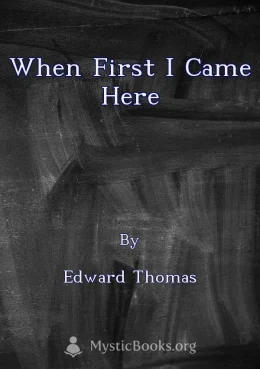
When First I Came Here by Edward Thomas
Edward Thomas's *When First I Came Here* is a collection of prose poems and essays that explore the landscapes, memories, and experiences of rural Eng...
Reviews for The Masque of Anarchy
No reviews posted or approved, yet...